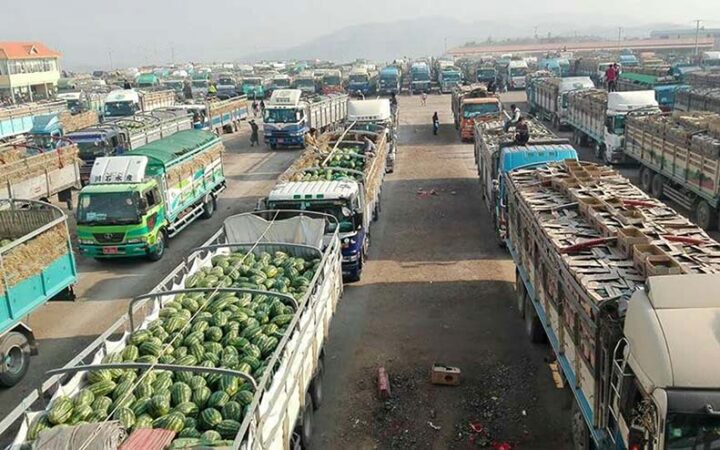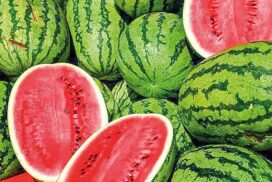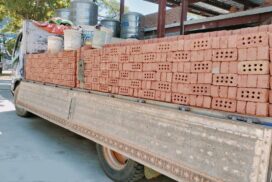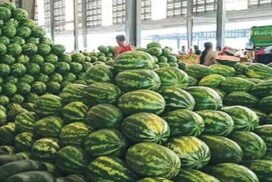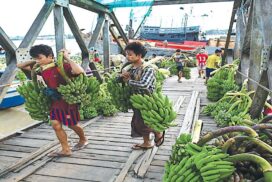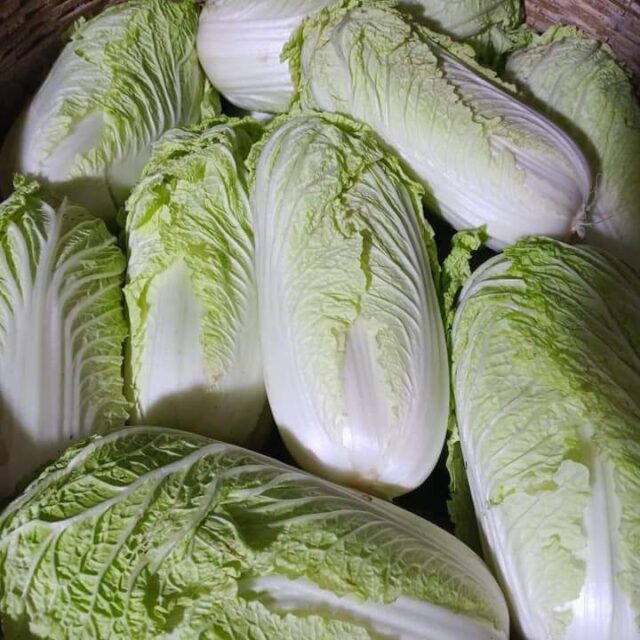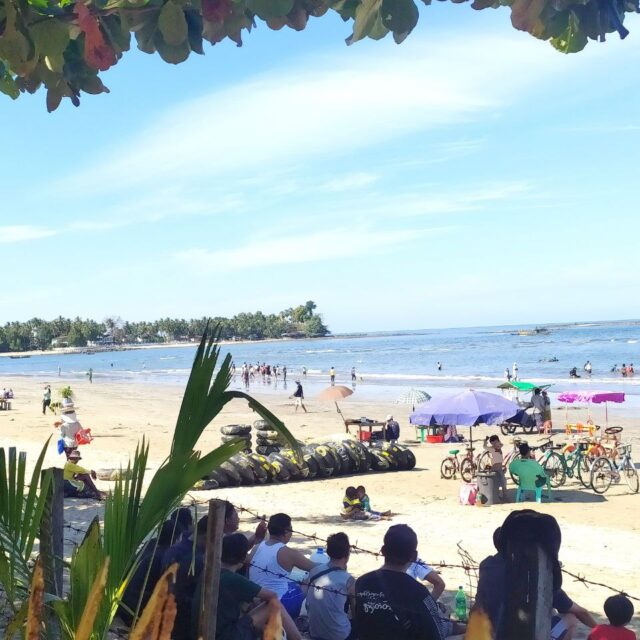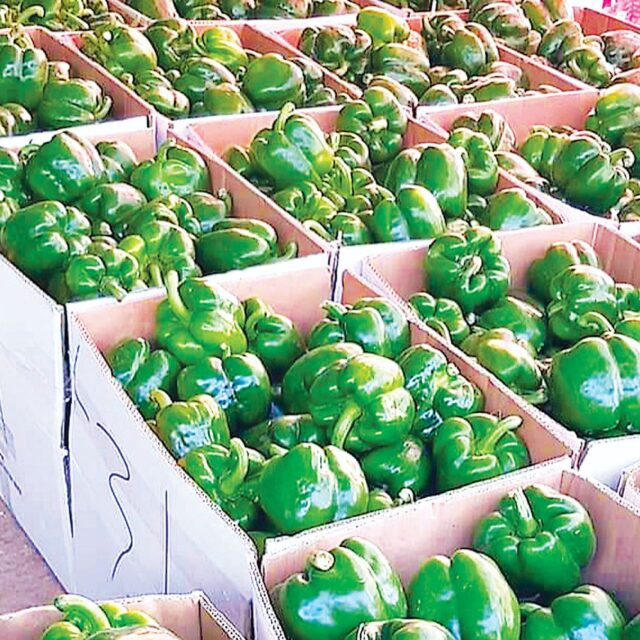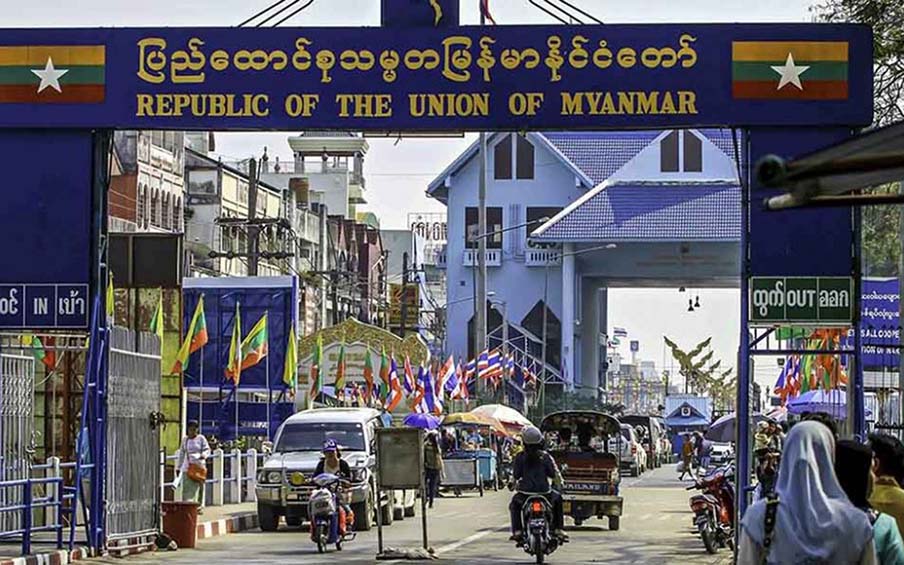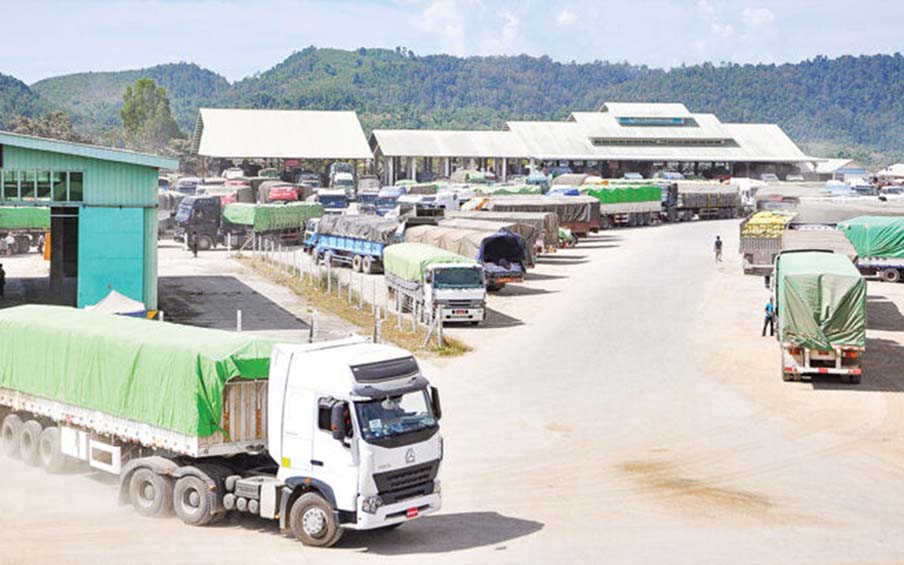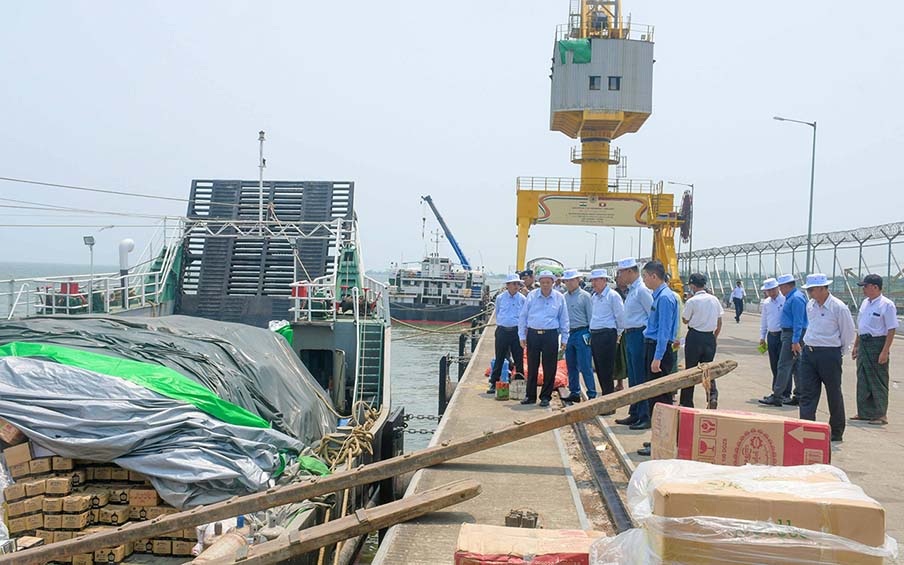Watermelon and muskmelon traders do a roaring trade and the prices have also risen, said fruit traders engaged in Muse border.
Last November, Myanmar’s watermelon and muskmelon were underpriced owing to China’s lockdown in big cities triggered by the COVID cases. The prices were offered low at 1.3 Yuan per kilogramme of watermelon and two Yuan per kilo of muskmelon. The trade was slow-moving.
From 7 November, the ease of lockdown in some big cities in China prompted traders to get into business again so Myanmar’s watermelon market has become active again. The prices per kilo rose to 2.5-2.6 Yuan for watermelon, four Yuan for Taiwan watermelon and seedless watermelon and 4.3 Yuan for muskmelon.
Approximately 70 truckloads of watermelon and muskmelon are daily exported to China.
Myanmar’s watermelon and muskmelon are heavily reliant on the Chinese market. The traders grappled with China’s strict virus policy.
Before 16 May 2022, China banned Myanmar trucks and drivers to enter its side owing to the COVID-19 protocols and only Chinese short-haul drivers were allowed to transport the goods. Thereafter, Myanmar trucks are given the go-ahead for border-crossing through the Kyinsankyawt-Wang Ding trade channel out of Muse border points under the driver-substitution system starting from 16 May 2022.
Last year, the COVID-19 restrictions hindered Myanmar’s watermelon and muskmelon exports to China. Chinese Customs Regulation increased delay. Long delays of trucks caused harm to watermelon quality and only one in five trucks heading to China remained undamaged with quality watermelons
The traders are observing delivery time, price and profitability as they are perishable fruit, while they are trying to explore new markets besides China.
On 1 April, Nantaw and Sinphyu border posts were suspended in the wake of COVID-19 impacts. China has closed down the major border crossing Mang Wein from 30 March 2021 following the COVID-19 cases in Myanmar.
On 8 2021, the two-remaining cross-border posts Kyinsankyawt and Panseng were suspended. As a result of this, the border trade between Myanmar and China was completely halted.
Among Sino-Myanmar border posts, the Kyinsankyawt border resumed operations on 26 November on a trial run.
At present, Myanmar daily delivers rice, broken rice, rubber, various beans and pulses, fishery products, chilli pepper and other food commodities to China through Kyinsankyawt by 70 trucks and building materials, electrical appliances, household goods and industrial raw materials are imported into the country by 40 trucks. – NN/EMM
Watermelon, muskmelon traders report brisk sales
- December 11, 2022
- 530
